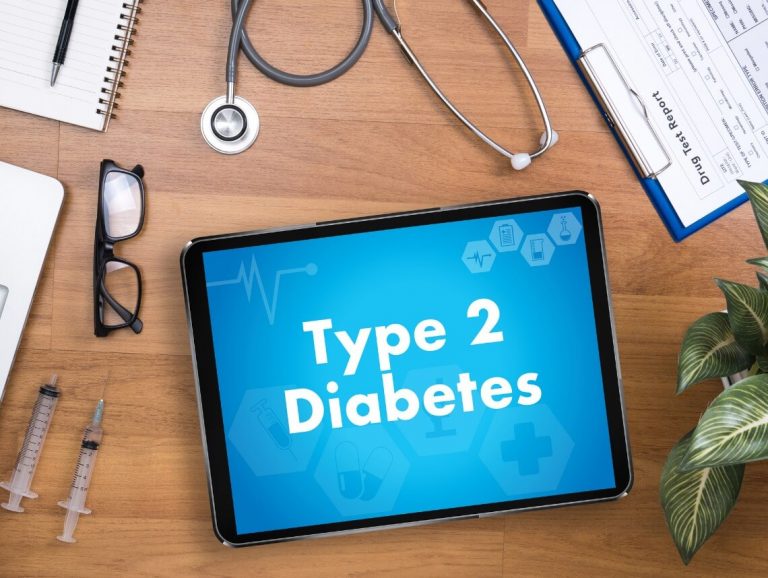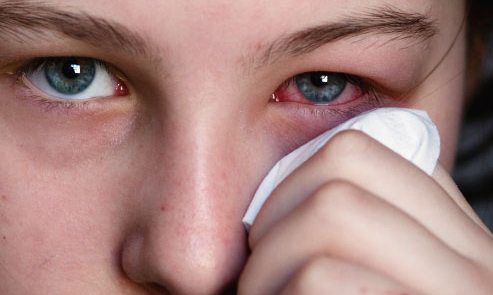
When you think of a seizure, you probably think of the classic Hollywood version—a person shaking violently, falling to the ground and passing out. But you might be surprised to learn seizures aren’t always that obvious.
According to the CDC, millions of people around the world have epilepsy. It has no known cure, and is marked by unpredictable seizures. Many people live with the condition their entire lives. And in some, like Disney Channel star Cameron Boyce, it can be deadly. New research is emerging about ways to treat epilepsy and help people live seizure-free.
In recent years, scientists have learned a lot about this ancient disorder. Experts reveal the things you need to understand about epilepsy. Here’s what they said.
What Exactly is Epilepsy?
“Epilepsy is a neurological condition characterized by recurrent seizures,” says Dr. Elizabeth Felton MD, Ph.D., Assistant Professor in the Department of Neurology at the University of Wisconsin-Madison. Seizures happen when a burst of electrical activity in the brain goes beyond its normal limits. This causes an uncontrolled electrical storm in the brain.
Chances Are, You Know Someone with Epilepsy
More 65 million people worldwide are affected by epilepsy, and 3.4 million in the U.S. In fact, epilepsy is one of the most common neurological diseases on Earth, according to the World Health Organization. The disease strikes adults and children alike and is one of the earliest recorded conditions—written documents dating to 4000 B.C. have been found that speak about epilepsy.
In fact, there are plenty of celebrities who have epilepsy, including actor Danny Glover, professional football player Jason Snelling, and Grammy Award-winning performer Prince.
For Most People, the Cause is Unknown
Even though it’s so widespread, the cause of epilepsy is unknown for more than 50 percent of people diagnosed according to the NHS. There are some conditions linked to epilepsy, including severe head injury, brain damage, meningitis (an infection in the brain), and certain genetic syndromes.
Auras Can Smell Like Burning Rubber
Some people have a warning called an “aura” that comes before a seizure hits. The aura can feel like dread or déjà vu, and is technically a seizure in itself. “A lot of times people say they smell something like burning rubber or burning leather,” says Dr. Lance Lee, a neurologist in Glendale, California.
“Some have visual symptoms like flashing lights, and some people have a migraine. All of these could be an aura. But it doesn’t happen to everyone.”
Seizures Might Not Look Like What You’d Expect
Some people have what you’d think of as a classic seizure—falling to the floor with uncontrollable convulsions. But that’s not true for everyone with epilepsy. “There are many different ways seizures can present,” says Dr. Felton. “Sometimes you can’t tell just by looking at a person they’re having a seizure.”
Most people with epilepsy have focal impaired awareness seizures. According to the Epilepsy Foundation, these focal seizures begin in one part of the brain. Focal onset seizures can cause a person to do repeated things involuntarily—like persistently smacking their lips, staring blankly, picking at their clothes, or wandering around. Jerking movements throughout the body usually happen with seizures that affect both sides of the brain at once.
Having a Seizure Doesn’t Necessarily Mean You Have Epilepsy
Seizures are a symptom of epilepsy, but you can have seizures without being diagnosed with the condition. “Epilepsy is not typically diagnosed until a person has more than one seizure within 24 hours,” says Dr. Felton. Seizures can be caused by other problems. In young children, for instance, a quick spike in body temperature sometimes trigger febrile seizures.
An epilepsy diagnosis is usually made after someone has had more than two unprovoked seizures—which means not caused by infection, injury, or withdrawal from drugs or alcohol.
Flashing Lights Aren’t the Only Thing That Triggers a Seizure
You’ve probably seen the warnings for people with epilepsy to avoid watching TV shows that feature strobing lights. But photosensitivity only triggers seizures in about 3% of people with epilepsy. The most common triggers are sleep deprivation and fever.
“Even if you’re taking your medicine, if you have a high temperature you might have a seizure. Sometimes we don’t have control over it,” says Dr. Lee. “You have jet lag from a flight coming in from Asia or Europe, how are you going to control your sleep cycle? You’re not going to sleep normally. So, unfortunately, you could have a breakthrough seizure.”
Other common triggers include missed medications, alcohol, use of street drugs, infection, illness, and stress. Sometimes there’s no particular trigger.

























